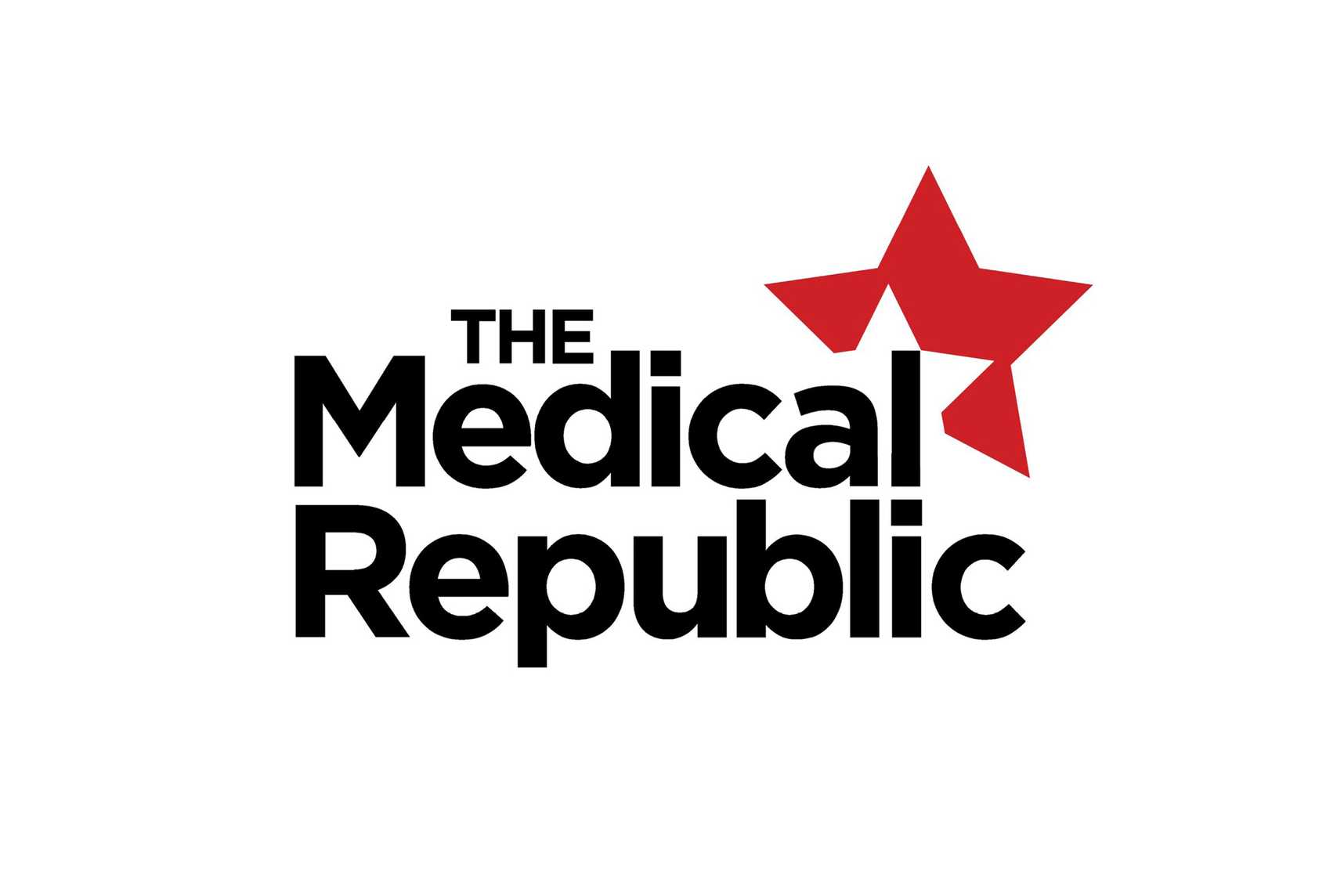
Australia trials psilocybin for anorexia
Australian experts have welcomed the publication of a US study showing a single dose of the psychedelic psilocybin administered alongside psychological support was a safe and acceptable treatment for patients with anorexia nervosa.
The small phase I trial of 10 women also found that four patients met the threshold for remission after three months.
The findings, published in Nature Medicine come on the eve of a new clinical trial in Sydney which will examine the use of psilocybin-assisted psychotherapy in patients with anorexia nervosa, in a project known as Panorexia.
The first patient in the Panorexia trial is expected to start treatment in October. Professor Stephen Touyz, director of the Inside Out Institute, said they hoped to treat up to 36 anorexia nervosa patients in total, and he expected the trial to take up to two years to complete.
While Professor Touyz and other Australian experts welcomed the US study’s findings, they said the results needed to be taken in context and with caution.
Its small size and the short length needed were one major limitation. And while Professor Touyz said he was excited about the prospect of psilocybin helping to treat anorexia nervosa, there was still much that needed to be understood and validated in clinical trials.
“I think the media is suggesting that we found the magic bullet,” he told The Medical Republic.
“That might be well something in five years’ time we could be celebrating, but I think we mustn’t celebrate too early because we don’t have the data yet.”
The US researchers investigated the safety, tolerability and exploratory efficacy of a single 25mg dose of psilocybin, delivered alongside psychological support in 10 female adults 18–40 years of age with anorexia, who were then assessed for three months following the single dose.
No serious adverse events were reported by the participants and the acute effects of the psilocybin treatment were well-tolerated.
Qualitative, self-reported responses from the patients revealed that 90% regarded the psilocybin treatment as meaningful and positive, endorsing additional treatments if available.
Four participants demonstrated substantial decreases in eating-disorder scores at a three-month follow-up, qualifying for remission from eating-disorder psychopathology.
Dr Trevor Steward (PhD), a senior research fellow at the University of Melbourne, told TMR the study was an important step towards determining how safe and well-tolerated psilocybin was for patients with anorexia nervosa.
“The fact is that anorexia nervosa has the highest mortality rate of any psychiatric disorder,” he said. “There are no approved pharmaceutical interventions available for it – and that makes it so difficult for people with this disorder.”
He said psilocybin therapy had provided hope in other mental health disorders, notably by providing evidence that it could improve anxiety, cognitive flexibility and self-acceptance for some patients.
“These are all features of anorexia nervosa and the rationale for exploring psilocybin therapy as an option in the case of anorexia is strong,” Dr Steward said.